Adult Ed. Science Series
A Series on Science for our Times, Presented by Rachel Krause
Rachel Krause’s teaching and research grow out of her interest in ecology, parasitology, the environment, and global health. Rachel’s research includes the study of combined impacts of malnutrition and parasite infections on growth of preschool children in rural, subsistence farming communities in Panama, and impacts of climate change adaptation projects in rural Zimbabwe on local biodiversity. Rachel has worked on research and monitoring projects with collaborators at A Rocha Canada (a Christian environmental NGO), the B.C. Ministry of Environment, Environment Canada, Fisheries and Oceans Canada, the Panama Ministry of Health, the University of Panama, and Mennonite Central Committee Zimbabwe.
Rachel holds a BSc in Environmental Sciences from the University of British Columbia, an MSc in Biology from Concordia University (Montreal), and a PhD in Parasitology from McGill University, where she was affiliated with the McGill School of Environment and held a graduate fellowship at the Institute for Health and Social Policy. Rachel has been on faculty at CMU since 2015.
Rachel grew up in British Columbia's Fraser Valley. She is married to Alex Dyck and they have a two-year-old son, Jacob.
March 3 - Climate Change and Science
We will use the case of climate change to explore what science is (and what it isn’t), how scientists practice science, and the kinds of questions it can answer. We will explore the question of why it seems that society has so much trouble acting on science when it comes to issues like climate change.
March 10 - Pandemics and Wicked Problems
We will use the case of the COVID-19 pandemic to explore the issue of wicked problems. We will look at the limits of (even very good) science and some of the options for addressing those limitations.
March 17 - Artificial Intelligence and the Future of Science
We will look at what AI is, what it is for, and how it shows up in our daily lives. We will explore what some of the risks and opportunities are with rapidly evolving new technologies that use AI. We will use AI as a lens through which to look at ourselves and ask the question, what does it mean to be human in our current technological time?



